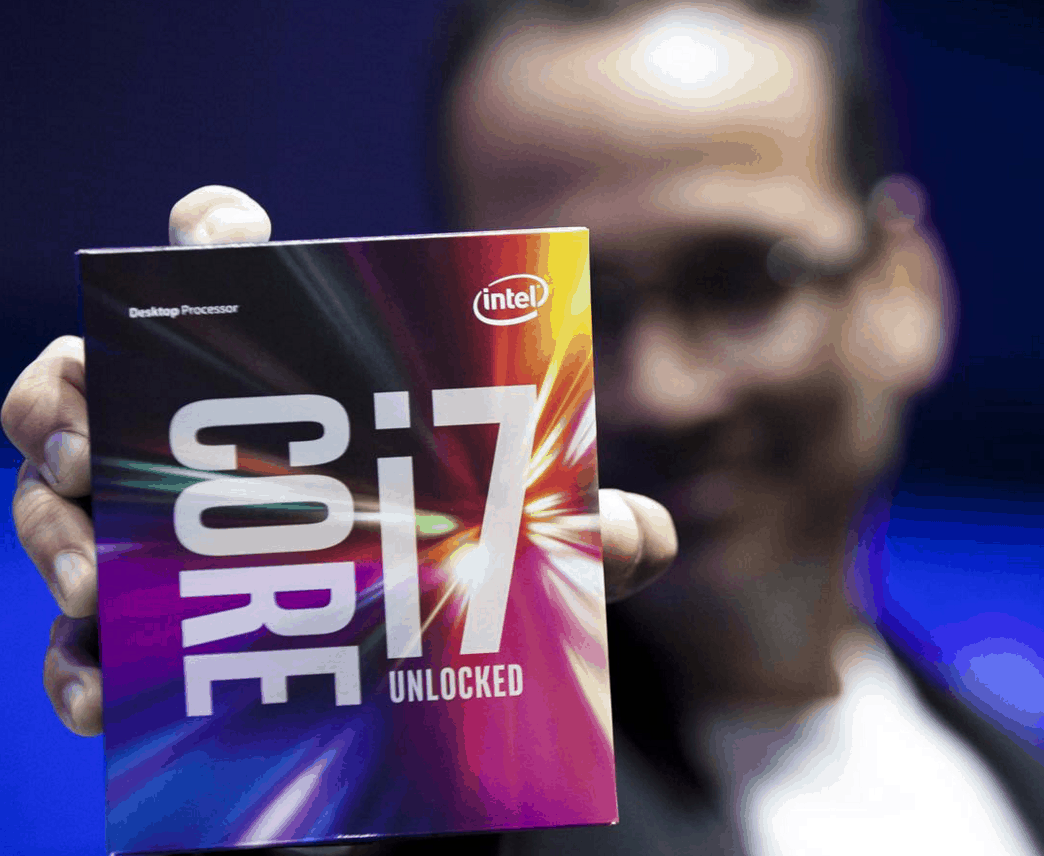Intel has confirmed that fixes for the widespread Spectre bug can cause unwanted reboots on many PCs. And if that wasn’t bad enough, the company has also revealed that its latest chips — including the Kaby Lake line launched in 2017 — are also susceptible to the bug.
When it comes to hardware issues, few are as severe as Meltdown and Spectre. These bugs affect millions of PCs powered by both Intel and AMD chips, as well as mobile devices based on ARM architecture — such as Apple’s. The problem has been present for a decade.
That means it’s not just older processors that are susceptible to this issue; the latest chips suffer exactly the same issue. Intel has now confirmed that its Kaby Lake line launched in 2017 and the Skylake line launched in 2015 are also affected.
Spectre fixes bring more problems
That’s along with Sandy Bridge (2011), Ivy Bridge (2012), Haswell (2013), and Broadwell (2014). The only chips that are immune to Meltdown and Spectre — as far as we know — are Intel’s newest, eight-generation chips dubbed Coffee Lake.
Not only is this a serious issue that’s incredibly widespread, but chip manufacturers and software vendors are making the situation worse. After Microsoft sent AMD-powered machines into a reboot-loop with its updates, Intel has caused reboot issues of its own.
Intel has confirmed that its Spectre fixes can cause unwanted reboots in systems using Haswell and Broadwell chips.
“We have reproduced these issues internally and are making progress toward identifying the root cause,” added Intel executive vice president Navin Shenoy. “In parallel, we will be providing beta microcode to vendors for validation by next week.”
Intel won’t block bad updates
Despite the issue, Intel recommends that the update continues rolling out to PC users. The company believes that being protected against Spectre attacks is more important than a stable PC. “Intel does not recommend pulling back any updates already made available to end users.”
It’s important to remember that no Meltdown or Spectre attacks have been identified yet. That means it’s highly unlikely you will be targeted by an attacker, so you might choose to avoid Intel’s update for now until the reboot issues have been rectified. That’s up to you, though.
Via: PCWorld


